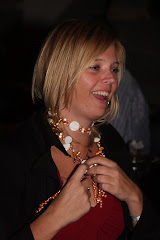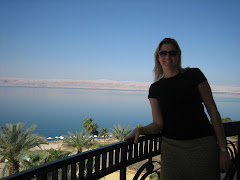In gender-sensitive Iran, a car designed specially for women
Iran's biggest motor manufacturer is to take the country's gender sensitivity to new levels by producing a car specially for women.
It will be fitted with features common on the international market but seen as female-specific in Iran's male-dominated culture. These include an automatic gearbox, electronic parking aids, a navigation system and a jack designed to make it easier to change a wheel, suggesting that women drivers lack the mechanical competence of their male counterparts. Alarms may also be installed to warn of flat tyres. The vehicle will be painted in soft "feminine" colours and include interior designs tailored to women's tastes. There will also be audiovisual entertainment systems for child passengers.
Iran Khodro, the state-backed manufacturer, said it would put the first models on sale next June to coincide with Iranian women's day. The car will be part of the Samand range, which has been exported to allied countries such as Syria and Venezuela. However, the women's car will initially be aimed solely at the Iranian domestic market.
Vahid Najafi, managing director of Iran Khodro's order unit, said the design was prompted by a sharp increase in women drivers and car owners and was based on research into their preferences and needs. Cars will be built in response to orders from customers.
"Women's necessities are different from men's," Najafi said. "For example, a woman goes shopping, takes children to school - so this car is going to have some visual distinctions that will separate it from other cars. It will be more beautiful. Cheerful and attractive colours will be used - for example red. A series of decoration pieces will be added to the interior, on the dashboard for example. What's important for women is that the car should be comfortable and handle well."
The idea is in line with gender separation officially encouraged by Iran's Islamic authorities. Last year they backed a proposal for a female bicycle designed to conceal the rider's legs and upper body. Women are discouraged from cycling, mainly to preserve notions of female modesty, and are banned from riding motorcycles, except as passengers.
A women-only taxi service, with women drivers, was recently launched in Tehran and other big cities. Men and women are segregated in buses and on Tehran's underground.
Iran Khodro last year announced plans for an Islamic car - with a navigation system designed to locate Mecca - to be produced jointly with Malaysia and Turkey.









